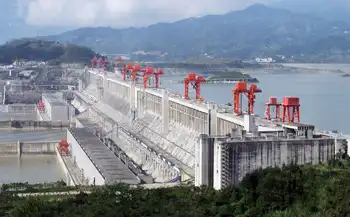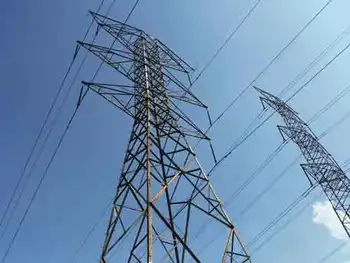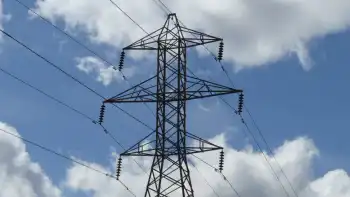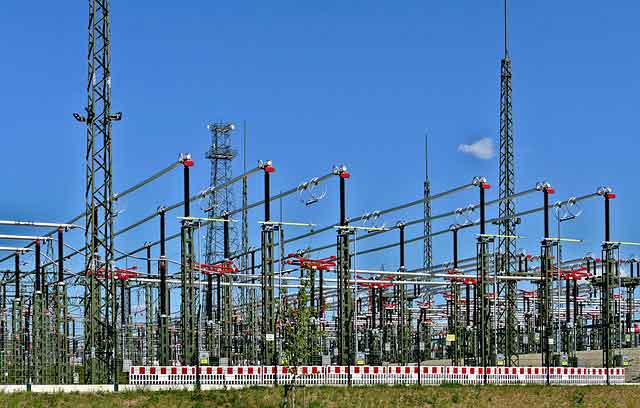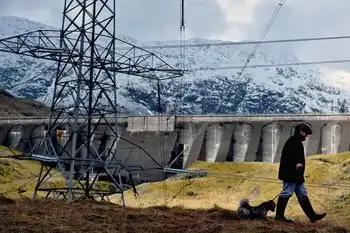Winter outages show system working: NRG
By Dallas Morning News
Electrical Testing & Commissioning of Power Systems
Our customized live online or in‑person group training can be delivered to your staff at your location.

- Live Online
- 12 hours Instructor-led
- Group Training Available
The rolling outages in Texas in February weren't a disaster, NRG Energy chief executive David Crane said, but, in fact, proof that the system worked, because they prevented a total blackout.
"It seems to me a basic presumption of the electricity industry for everyone in this country, there are occasionally going to be times when Mother Nature overwhelms the system," Crane said at the Gulf Coast Power Association conference.
To make an electrical system 100 percent reliable, to prevent the outages that rolled across the state when freezing weather crippled dozens of power plants, would double or triple electricity prices, he said.
Part of the problem in February was that cold weather not only caused power plants to break down but also caused natural gas pipelines to lose pressure, forcing utilities to curtail delivery to customers who didn't have firm contracts. That included some power plants, intensifying the outages.
Crane said electricity insiders should pay attention to that setup. "The biggest issue we face is the relationship between the electric industry and the natural gas industry," he said.
Natural gas prices set electricity prices and determine whether power plants make money. Right now, natural gas prices are so low that few companies are building new plants, Crane said.
He pointed out that the two industries are competing to capture shares of the transportation market.
"Right now in Washington you have the Boone Pickens plan to convert a good part of the transportation fuel to natural gas, and then you have a less obvious effort to do things to facilitate electric vehicle ownership," Crane said.
But electric vehicles could also count as natural gas market share, since natural gas is often used to make power.
Still, Crane warned his colleagues not to rely too heavily on cheap natural gas for fuel but to continue to develop a variety of resources. If natural gas prices rise again, pulling up electricity prices, consumers will blame their local electricity companies, he said.
NRG, based in Princeton, N.J., has been working to build more nuclear reactors at the South Texas Project but has run into major hurdles. The nuclear disaster in Japan hobbled one of NRG's partners, Tokyo Electric Power Co., and pricked safety concerns at home. Meanwhile, low natural gas prices had already made it more difficult to make an economic case for the project.
"The Fukushima accident came at the worst possible time," Crane said. "I think the project's odds of success have dropped very substantially."
Energy Future Holdings, the largest power generating company in Texas, had also considered building more reactors. EFH chief executive John Young agreed at the conference that low natural gas prices make it difficult to build all kinds of plants.
Young, a nuclear expert, said he's looked at new micro reactor technology.
Such plants are about a third to a fourth of the size of a typical reactor. They can be substantially built at the manufacturing plant, then assembled at the reactor site, cutting down on costs.
Young said it will be some time before such small reactors are built in the U.S. The technology still lacks regulatory approval, and low natural gas prices make it hard to finance the plants.
"In the long term, I think those are things that will absolutely happen," he said.






